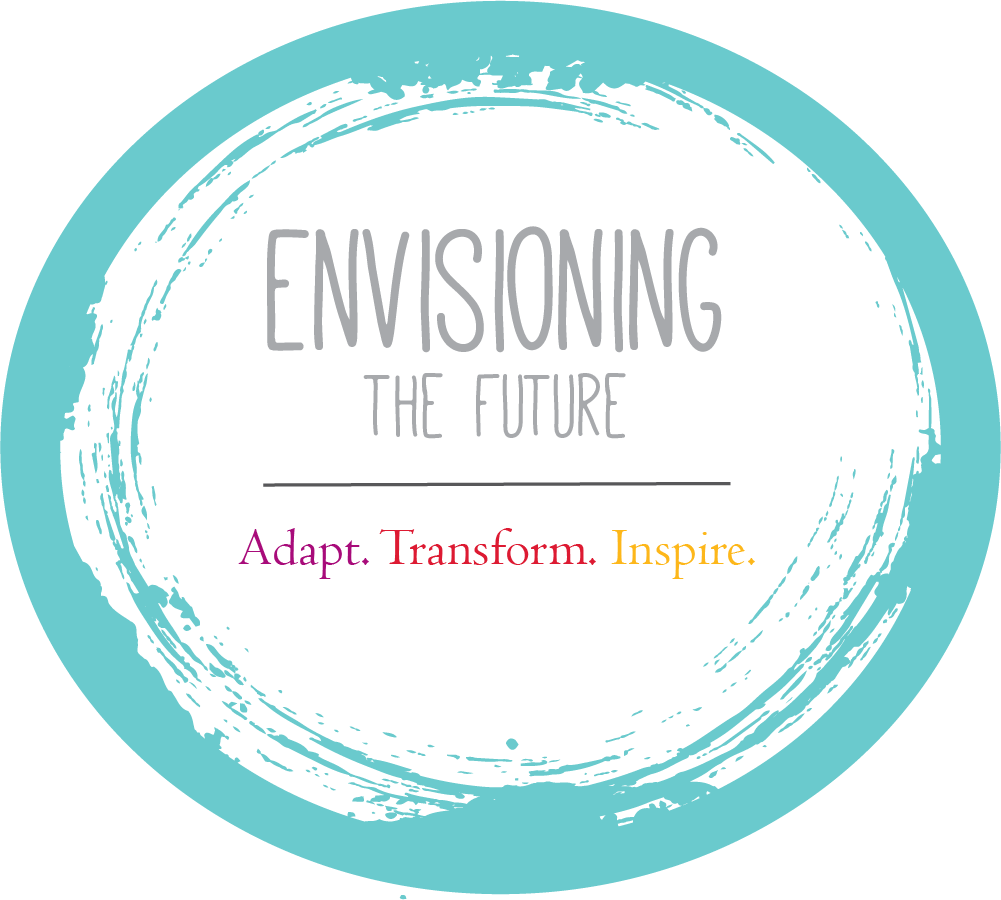
Submit your proposals today for the 6th Annual Academic Advising Association Conference, “Envisioning the Future: Adapt, Inspire, Transform.”With the landscape of higher education rapidly evolving due to shifting student demographics, technological advances, socio-economic challenges, and education policy reforms, the future of student services is uncertain. Because of this, our 2019 theme will motivate student affairs professionals to think strategically about the future of higher education and the impact these changes will have on our work. As student affairs professionals, we must be willing to advocate for change within the profession in order to effectively serve our students. To prepare ourselves for these impending changes, we must ask ourselves: What is, and what will be, the purpose of advising? How do we adapt our strategies and services to meet the needs of changing student demographics, especially in the face of technological innovations? How does the shifting economic landscape impact our role as student affairs professionals? What will the future of advising look like in five to ten years, and how can we prepare for the future? The purpose of this conference is to discuss and begin to envision responses to these questions.
In an effort to guide conference topics and proposals, the conference committee has identified 3 thematic concentrations. These concentrations will guide conference attendees as they identify concepts to implement in their daily practice and envision the possibilities of the higher education profession.
Adapting to Maximize Our Impact:
Advising as a form of teaching (i.e., helping students understand the value of their degree; making connections between students’courses and their future aspirations; identifying opportunities for development outside of the curriculum)
Adjusting our perspectives to better understand the unique lived experiences of our students (mental health considerations; nontraditional students; veterans; students with disabilities; DACA students; LGBTQ+; etc.)
Remaining effective in times of fiscal leniency and increasing student numbers (i.e., professional development in times of budget constraints; managing advising loads)
Modifying service offerings to best meet students’ needs(i.e., expanding office hours; offering online services; etc.)
Inspiring Action:
Sharing best practices to motivate others to take action(i.e., examples of strategies, programs, and activities)
Promoting self-care and self-advocacy among student affairs professionals
Acting as campus thought leaders to articulate and advocate for our students’needs(i.e., exploring the challenges our students are facing and how to best serve them; examining financial, legal, and technological barriers to success)
Moving beyond recruitment to support and retain student affairs professionals in the field
Transforming the Future of Advising:
Reflecting on the past (i.e., theories, methodologies, research, etc.) to inform the future of the field
Exploring how the role of student affairs professionals may change due to external influences (i.e., changing landscape of higher education, technology, political factors, etc.)
Promoting increased student engagement and retention through cross-campus collaborations (i.e., examining the connection and inter-reliance between student affairs professionals, faculty, administrators, and students)
Examining and leveraging assessment to make informed decisions for the future
Proposals are welcome from all colleagues and intercampus cooperation is appreciated and encouraged. Novice and experienced presenters alike, including graduate students, are encouraged to collaborate and submit concurrent session or poster proposals. We are looking for interactive, innovative, and engaging presentations, panels, and posters that will aid attendees in enhancing their knowledge and skills to promote student and advisor success. Do not feel like you need to be a subject matter expert to present –all of us have the ability to share our ideas or experiences and lead others through discussion and reflection.
All proposals should be submitted online at https://aaa.unl.edu/proposals. The deadline for proposal submission is Friday, November 16, 2018. Questions can be directed to Paula Caldwell, 2019 Conference Chair (pcaldwell3@unl.edu, 402.472.7326) or Olivia Miller, 2019 Conference Proposal Chair (omiller3@unl.edu, 402.472.4190).
More details at: https://go.unl.edu/ev04